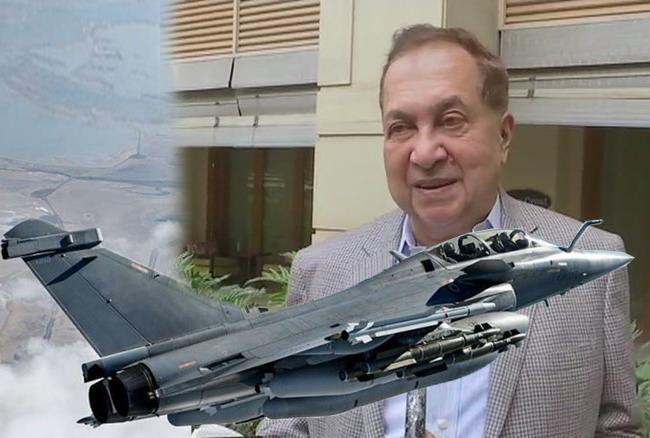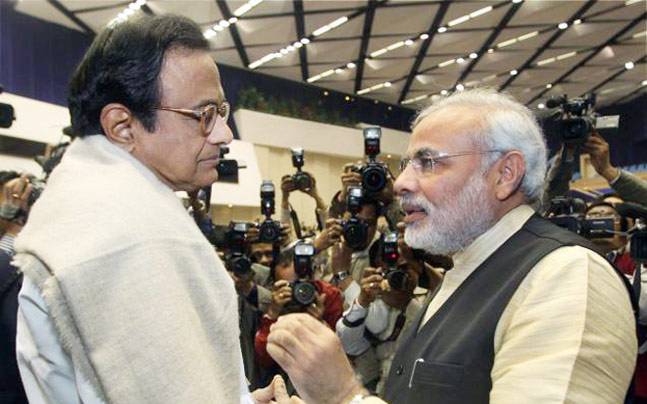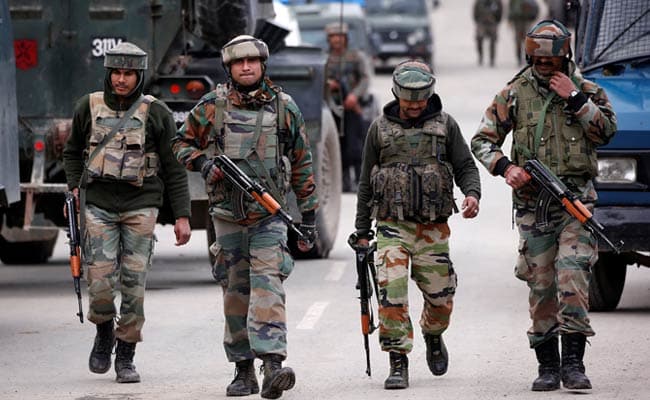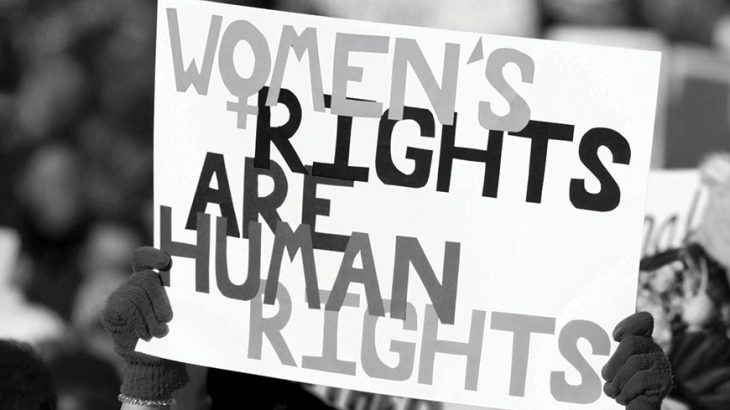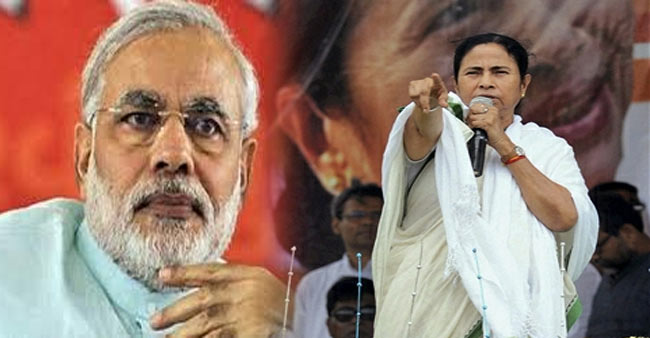N. Ram, Chairman of The Hindu publishing group, responded strongly to Attorney General K.K. Venugopal’s argument in the Supreme Court that the Rafale deal documents were “stolen” and those publishing them were guilty under the Official Secrets Act (OSA).
Asked if the Attorney General’s argument would have a chilling effect on investigative journalism, Mr. Ram said “if it represented government policy, it would clearly have a chilling effect on journalism and investigative journalism in particular.”
He, however, added that any such attempt was unlikely to succeed.“We did not steal the documents from the Ministry of Defence, we got them from confidential sources and no force on earth can make me or us reveal the source of the documents, because we have given our word,” said Mr. Ram.
“Secondly, we have published this information obtained through investigative journalism in the public interest, significant information that was withheld or suppressed despite repeated demands made in Parliament and outside.
Thirdly, an unintended consequence of alleging that we have published ‘stolen documents’ has been authentication of the documents by the government itself; you need no further evidence that this is the real thing, the real deal.”
Mr. Ram asserted that “we are fully protected by Article 19(1) A of the Constitution, the fundamental right of freedom of speech and expression and also by the Right to Information Act, specifically 8(1)(i) and 8(2), which override the Official Secrets Act.”“
There is no question of any national security interest being compromised by it,” he said. Mr. Ram also called for democratic India to do away with the Official Secrets Act, 1923, saying, “the OSA is an obnoxious piece of colonial legislation, which is anti-democratic and has rarely been used against publications in independent India.
If there was espionage or something like that, it’s a different matter. Here, it is material that should have gone into the public realm and information that wants to be free and it should have been freely available to readers.”“Today it’s not just The Hindu, but also some other independent news publications which have put out material on Rafale, although as in the Bofors investigation of the late-1980s we have the leading role.
There has been an overarching fear in the media ecosystem under this government but the Indian press is now willing to do more.
And the very fact that the issue has been covered in a big way shows that the blanket of silence that some would like to be imposed on this matter has been breached,” he said.Mr. Ram explained that The Hindu had exercised due diligence in its ongoing investigation and it was not as though everything that came to hand was unloaded in the public realm in the name of investigative journalism.“
For example, during the course of our independent Rafale investigation, we had access to information on the 13 India Specific Enhancements but in the newspaper’s judgment there was no need to publish this, because it was not strictly relevant to the investigative articles being published and also because the government was saying this technical information was highly sensitive, it may help the interests of adversaries and may cause harm.
I don’t accept that argument necessarily, but still we felt that there was no need to publish this technical information,” he said.

